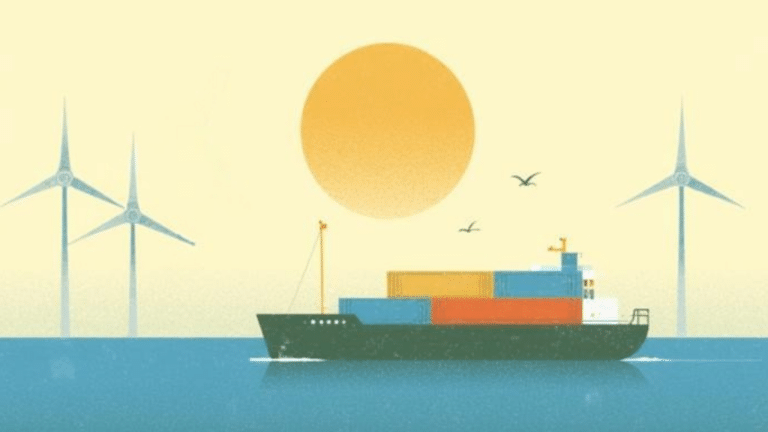Could a strategic lithium reserve kickstart US supply chain development?
NEW YORK -- A strategic lithium reserve is being mooted as a solution to stabilize volatile prices that have hindered American mining projects, allowi
Current Access Level “I” – ID Only: CUID holders, alumni, and approved guests only
President Donald Trump recently threatened Russia with additional sanctions if the war in Ukraine doesn't end soon. Edward Fishman, senior research scholar at Columbia University’s Center of Global Energy Policy, joins Morning Brief to discuss Trump’s approach to Russia. The author of Chokepoints: American Power in the Age of Economic Warfare highlights Trump’s potential to increase sanctions, especially targeting Russia’s oil sector, to pressure Putin into negotiations. "Were the US to increase pressure on Russia, it wouldn't really be through tariffs — it would be through sanctions," Fishman says. "In that regard, there's quite a lot left to do in terms of sanctioning Russia, in particular, the oil sector." Fishman believes this can create an opportunity for the Trump administration to "turn up some heat" with sanctions on Russia's oil sector. Most importantly, Fishman emphasizes this could create "room for American oil producers to increase production." To watch more expert insights and analysis on the latest market action, check out more Morning Brief here. This post was written by Josh Lynch
The EU’s Carbon Border Adjustment Mechanism is part of a broader effort to decarbonize heavy industries in Europe and globally. It takes full effect Jan.…
This Energy Explained post represents the research and views of the author(s). It does not necessarily represent the views of the Center on Global Energy Policy. The piece...

Two trade agreements recently negotiated by the Trump administration contain novel and coercive provisions with little precedent in US trade policy or the global trade system.

In the last six weeks, the Chinese government has made several bold moves related to its trade relations.
